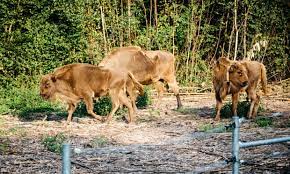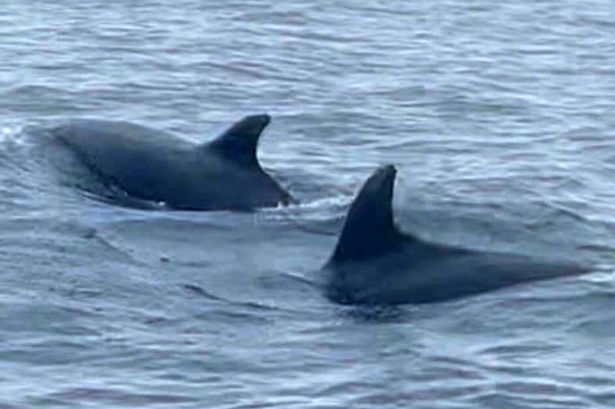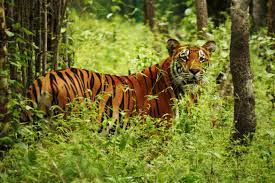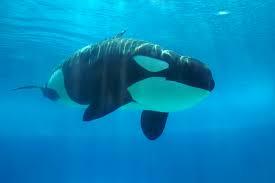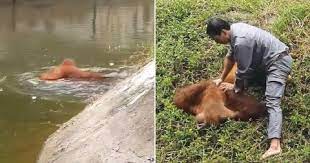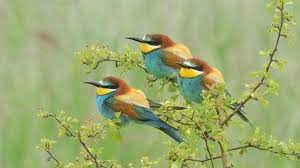A quick search tells you that the developed world is responsible for roughly 79% of all historical emissions. What is worse, is that this represents under 20% of the world population.
This means that per person emissions are as much as 16 times more the result of each person living in the developed world than the developing world.
Last year was a case in point. Last year, costs for extreme weather events like droughts floods and wildfires cost an estimated $329 billion, which is approximately twice the total money given by donor nations – in other words, when you take into account the financial damage that our behaviour is causing, the developing world is actually donating hundreds of billions to the rich developed world.
We in the west have had politicians claim for decades, that stopping climate change would cost to much. If we had to pay the full amount, clearly the numbers would be quite different.

